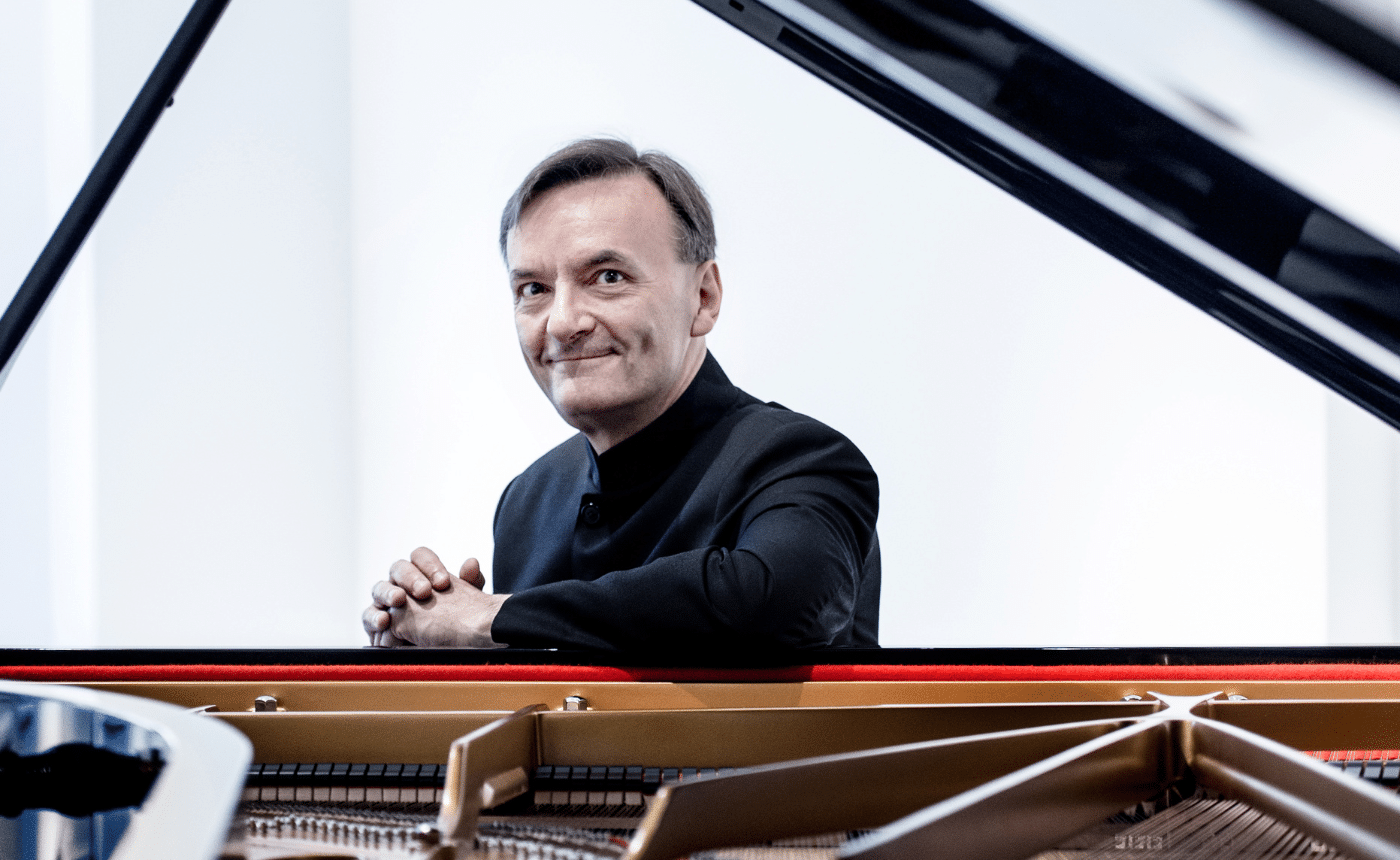Dvorak – Concerto for Violin in A Minor, op. 53
by Jeff Counts
Instrumentation: 2 flutes, 2 oboes, 2 clarinets, 2 bassoons, 4 horns, 2 trumpets, timpani, strings
Duration: 32 minutes in three movements.
THE COMPOSER – ANTONÍN DVOŘÁK (1841-1904) – Dvořák was beginning to experience the successes and pressures of international celebrity in the late 1870s. Requests for new works were pouring in from abroad and this heightened profile did not escape notice back home in Bohemia. Dvořák soon became the go-to composer for important events in Prague and he eventually followed the footsteps of Smetana as musician chairman of the Artistic Society there.
THE MUSIC – Dvořák met Hungarian violinist Joseph Joachim in 1878 and Joachim, much like their mutual friend Brahms, became a supporter of the composer’s music. Seeing an obvious opportunity in this new relationship, Dvořák’s publisher Fritz Simrock (another important door that had been opened by Brahms) suggested a concerto collaboration and Dvořák set to work the following year. Joachim was notoriously uninhibited in his critique when presented with a new concerto and Dvořák was not spared in 1879 when he brought his fledgling work before the master. An initial round of necessary revisions soon followed and Dvořák re-submitted what he characterized to Simrock as an essentially new concerto in 1880. Joachim was still not fully pleased with it and though the concerto would maintain the original dedication to him, he never did perform it. Dvořák was frustrated and a bit put off by Joachim’s continued disapprovals. He reluctantly revised the piece one more time in 1882 (which reportedly got him closer to Joachim’s wishes for the piece) but chose another violinist for the 1883 premiere in Prague. Frantisek Ondrícek also performed the concerto in Vienna and London and his efforts did much to fuel Dvořák’s rise in prominence throughout Europe. Dvořák’s highly individual approach to the concerto form was likely at the root of Joachim’s reticence but 19th century audiences were not so particular. While more rare today, the A Minor Concerto was nearly as popular as Beethoven’s in its time.
THE WORLD – Albert Einstein was born in 1879, as was English author E. M. Forster. 1879 was also the year of the Treaty of Gandamak, which led to a pause in the hostilities of the Second Anglo-Afghan War and established diplomatic relations.
THE CONNECTION – Dvořák’s Violin Concerto is infrequently performed by the Utah Symphony. It was programmed most recently in 2005. Isabelle Faust was soloist under Keith Lockhart.











